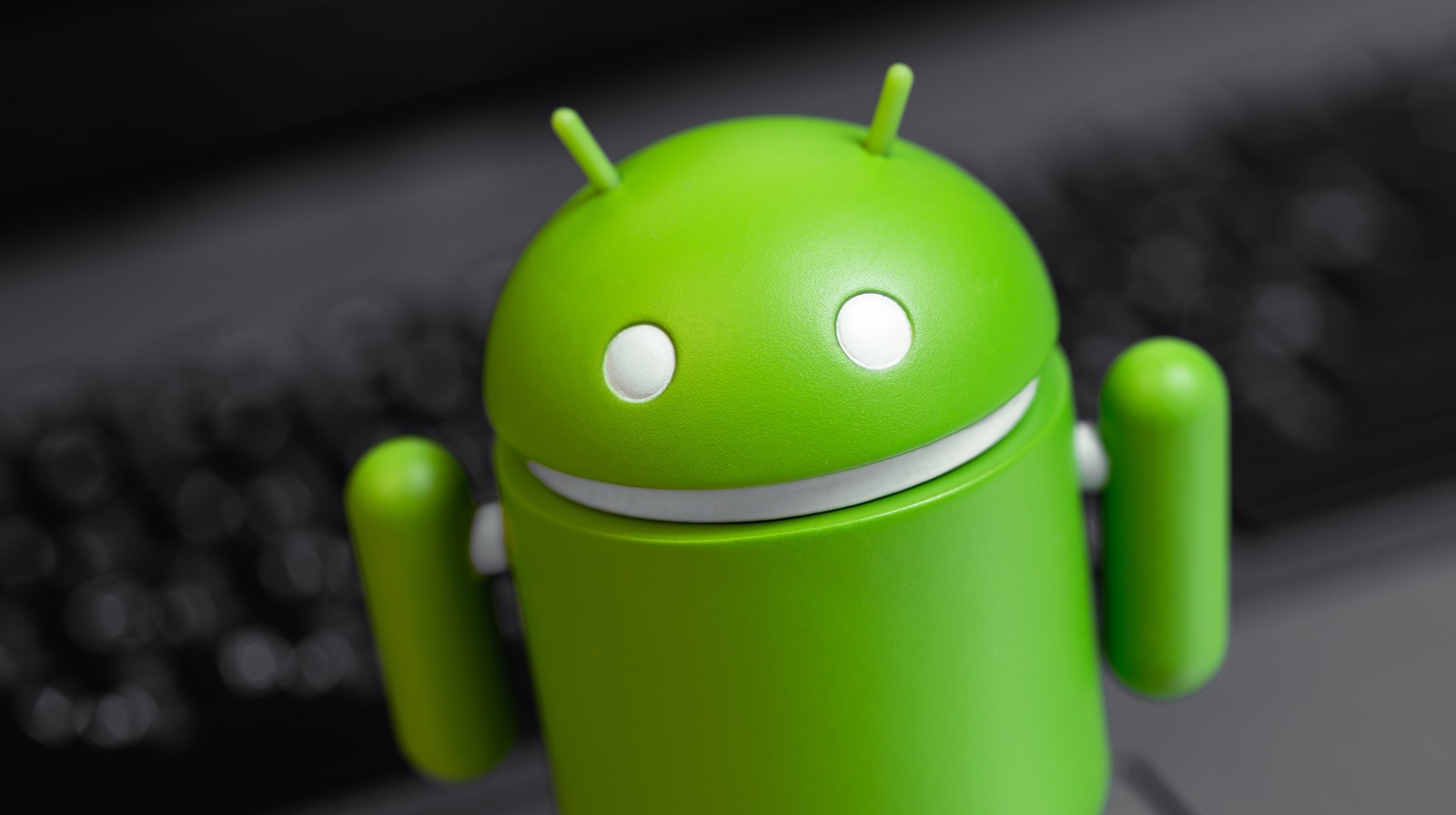Over 24% Said This Was Their Least Favorite Thing About Android Phones

Of the people we polled, 24.16% identified low energy efficiency as the biggest problem with Android. Fortunately, this may not be a problem forever. Battery technology will continue to improve, but other phone components are also getting more efficient too. Earlier this year, it was announced that mid-range Android phones were switching to the UFS 4.0 memory standard. Alongside other benefits, the new memory is 46% more efficient than the UFS 3.1 storage modules that mid-range Android phones currently use. Google is also attempting to make some of its more popular apps less of a battery drain. Chrome received some tweaks alongside its 64-bit update in 2020 which made energy-saving updates to the browser easier to implement.
With 23.99% of the vote, the slow rollout of software updates was almost as big of a concern to the people we surveyed as threats to battery life. With a system like Android, updates are an area where user experience may vary greatly depending on a phone’s manufacturer. Third-party devices often operate with their own Android builds, so updates are unlikely to arrive at the same time. There is also a wide range of specs when it comes to Android phones, so there’s always a chance that a lower-end device won’t be able to run the latest version of Android, even if it is relatively new.
Another thing that frustrated over a fifth of our readers (21.62%) was Google’s app sales platform, the Google Play Store. Possibly related to the Play Store gripes is the lack of reliable backup options for many apps, which annoyed 19.09% of those polled. Finally, 11.15% of the people we asked were frustrated by bad face authentication, which again may be more closely related to individual manufacturers than the operating system itself.
For all the latest Games News Click Here
For the latest news and updates, follow us on Google News.
